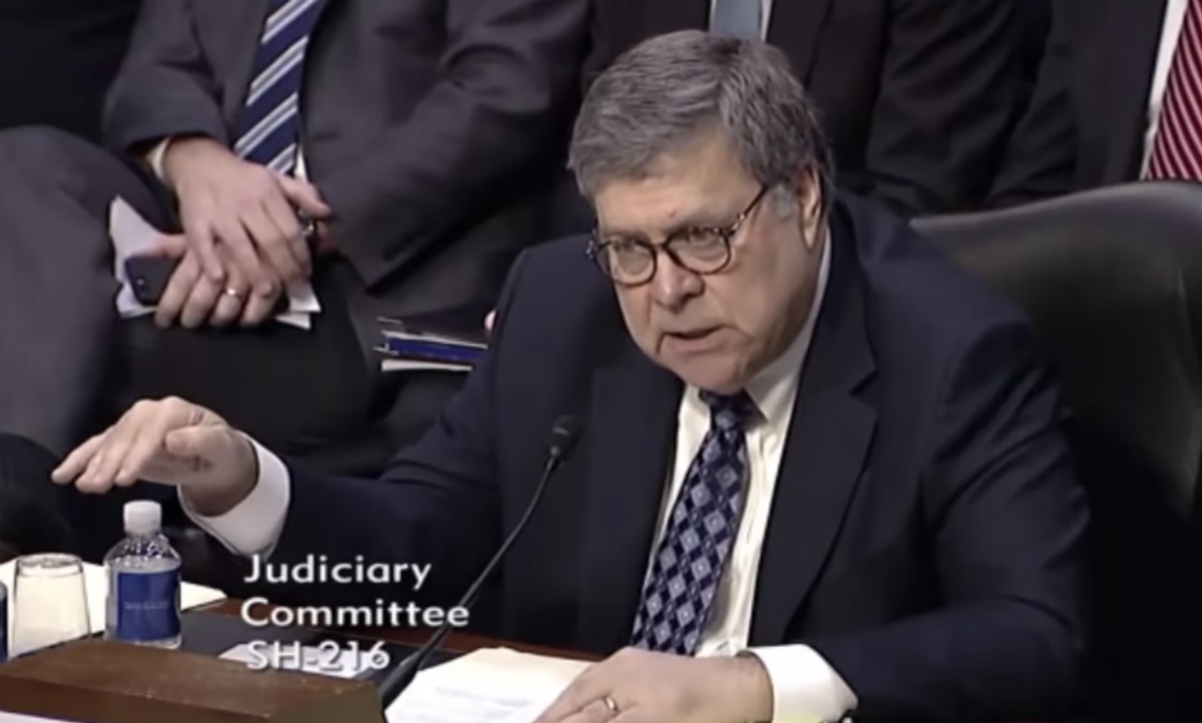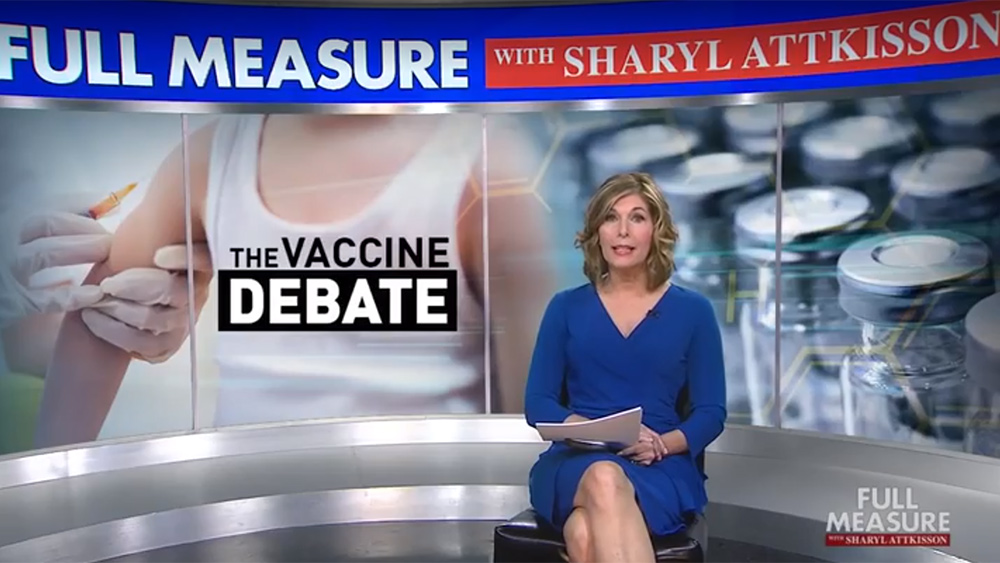Why Republicans Resist Small Government
11/28/2016 / By resistnews

The Republican plan to transform the federal government presents the most significant opportunity in two decades to return the party to the traditions of small-government conservatism.
Article by Pratik Chougule
In recent years, even as the case for limited government became increasingly obvious, small-government Republicans have been on the defensive. A succession of failed military interventions did little to turn Republicans against a $600 billion defense budget. And entitlement reform and Veterans Affairs cuts remain “third rails” in the face of a $20 trillion U.S. deficit.
Why?
It was only two decades ago that small-government Republicans were gaining momentum. The country was ready for a post–Cold War peace dividend and a bipartisan coalition managed to reduce defense spending from six percent of GDP to three percent. In 1994, the Contract with America delivered Congress to a Republican Party promising rollbacks in federal power. The following year, the House passed a budget plan calling for the elimination of three cabinet agencies—Commerce, Education and Energy—along with over 200 government programs. By fiscal year 1997, welfare reform was signed into law and close to 200 government programs were eliminated.
The small-government push of the early 1990s, however, proved short-lived. During Clinton’s second term, congressional Republicans tired of government downsizing. Between 1997 and 2000, the Republican-controlled Congress abandoned Medicare reform and approved an increase in discretionary spending $30 billion more than the Clinton administration’s request. The 95 programs slated for elimination in the Contract for America actually grew by thirteen percent. And these budget hikes were a mere harbinger of things to come. By the end of the George W. Bush administration, the federal budget grew by 53 percent—an increase that exceeded the Lyndon Johnson years.
Nor did bailouts, Obamacare or the Iraq War cure the Republican penchant for government. In 2016, the Republican nominee promised spending hikes on veterans’ healthcare, defense, infrastructure, childcare, and border security—all without changes to Social Security and Medicare. Were the Trump administration to enact its campaign promises, Moody’s Analytics forecasts, even on a static basis, close to $1 trillion of additional deficits by the end of its first term.
The road to big government Republicanism is certainly paved with pandering and political expediency. Think Dick Cheney’s gloat that “deficits don’t matter” or Ohio governor John Kasich’s pronouncement that “single women with children are the real heroes in America.” And perhaps it’s true that the Republican Party wouldn’t have embraced government expansion to the same degree but for unforeseen crises like 9/11 and the financial crisis.
The reality, though, is that neither cynicism nor black swans explain the decline of small-government conservatism. At virtually every juncture when small-government conservatism was presented to the voters, the Republican base rebelled. The Bell Curve drew national attention to the pitfalls of the welfare state, but when it came time to formulate a winning message for the Republican primaries, Texas governor George W. Bush turned not to Charles Murray, but to the more obscure evangelical academic Marvin Olasky. Greater government intervention, Olasky argued, guided by “compassionate conservatism,” could “transcend the root problems that currently oppress too many deserving Americans.”
Nor did the Tea Party scale back government. Far from enacting its “Contract from America”—a Dick Armey–inspired, 1990s redux calling a federal balanced budget amendment, statutory cap on federal spending, and across-the-board tax relief—the Tea Party fizzled out before making a real dent in the size of government.
Read more at: nationalinterest.org
Tagged Under: big government, Republicans, Resist, small government




















